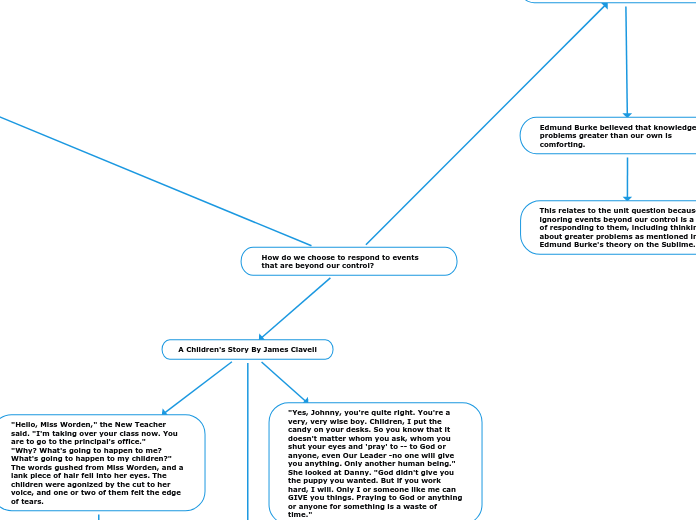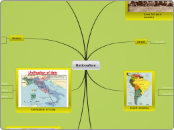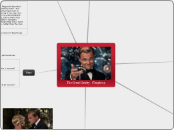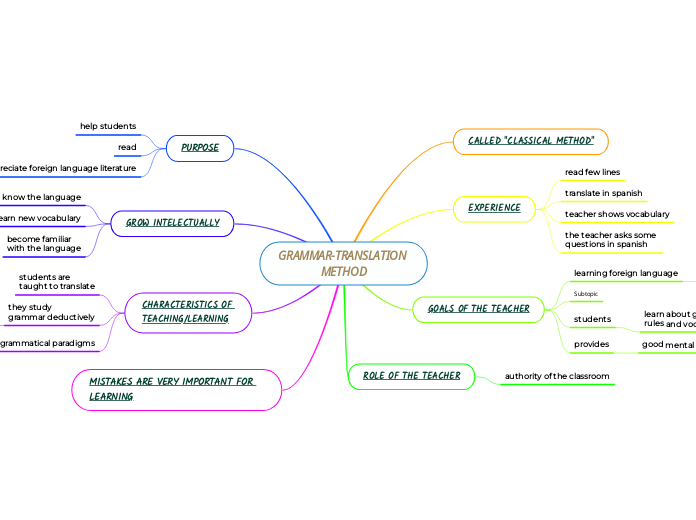How do we choose to respond to events that are beyond our control?
The Paper Menagerie By Ken Liu (WAIT to do this until after we read it in class).
While "A Children's Story" by James Clavell shows a nihilistic approach to change by accepting it and trying to keep moving, "The Paper Menagerie" shows how one might try to actively respond to change
And can you understand how it felt when you stopped talking to me and won’t let me talk to you in Chinese? I felt I was losing everything all over again.
Why won’t you talk to me, son? The pain makes it hard to write.
This quote from Jack's mother in her letter to Jack shows how she's feeling a kind of sorrow she hasn't felt in years
Jack's mother is responding to Jack's rejection of her by trying to get through to Jack, only for it to be too late, only reading her letter after she died
I didn’t know this at the time, but Mom’s breath was special. She breathed into her paper animals so that they shared her breath, and thus moved with her life. This was her magic
This shows Jack having a sort of admiration towards his mother's ability to bring life to inanimate objects
This quote shows how Jack chooses to embrace this weird ability his mother has
Edmund Burke's Theory on the Sublime. To refresh your memory look at the notes on Edmund Burke and what you jotted today.
Edmund Burke believed that knowledge of problems greater than our own is comforting.
This relates to the unit question because ignoring events beyond our control is a way of responding to them, including thinking about greater problems as mentioned in Edmund Burke's theory on the Sublime.
A Children's Story By James Clavell
While "The Paper Menagerie" and "A Very Old Man With Enormous Wings" both provide answers to the unit question by proposing the idea of unrealistic things happening, "A Children's Story" shows us an answer with a more realistic approach.
"Yes, Johnny, you're quite right. You're a very, very wise boy. Children, I put the candy on your desks. So you know that it doesn't matter whom you ask, whom you shut your eyes and 'pray' to -- to God or anyone, even Our Leader -no one will give you anything. Only another human being." She looked at Danny. "God didn't give you the puppy you wanted. But if you work hard, I will. Only I or someone like me can GIVE you things. Praying to God or anything or anyone for something is a waste of time."
Johnny is noticeably doubtful about the new teacher, and he has displayed a hatred for them since they entered the class. The new teacher seems to be taking a nihilistic approach towards life and overall how things happen, stating that you can't pray to get something from a god, you only receive stuff from others.
This quote shows that the new teacher simply responds to things she can't change by simply accepting them and doing what she can in order to suit her own needs.
"Hello, Miss Worden," the New Teacher said. "I'm taking over your class now. You are to go to the principal's office."
"Why? What's going to happen to me? What's going to happen to my children?" The words gushed from Miss Worden, and a lank piece of hair fell into her eyes. The children were agonized by the cut to her voice, and one or two of them felt the edge of tears.
This quote shows Miss Worden's feelings
of fear, as there is far more than just a
simple conversation occurring later. This
quote also shows a massive shift in authority, as the new teacher is giving the message that she's the one in control of the classroom now.
This quote applies to the question because it shows how Miss Worden is like a deer in headlights, asking questions about what will happen to her and her students.









